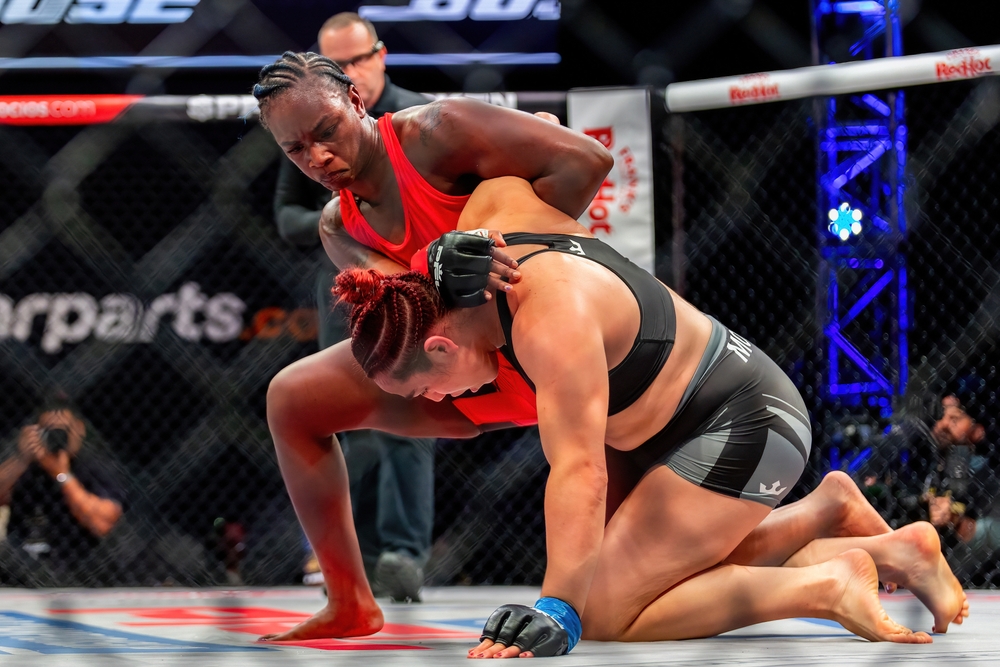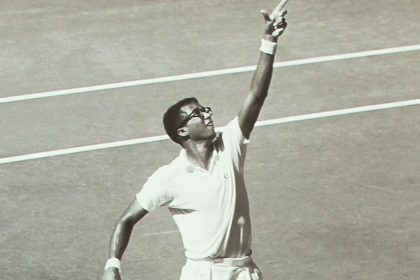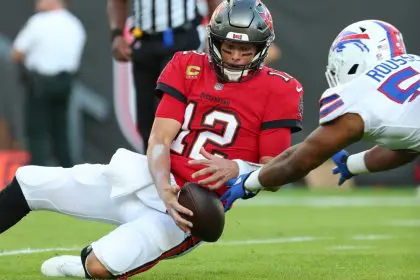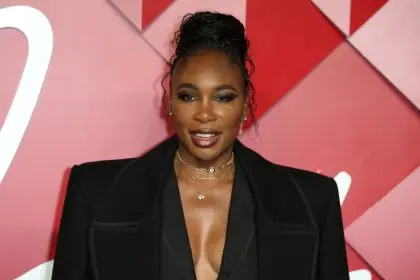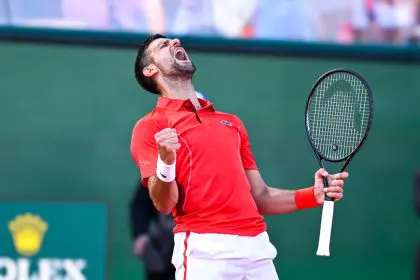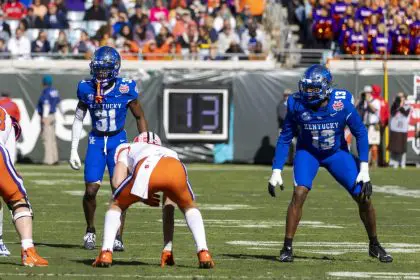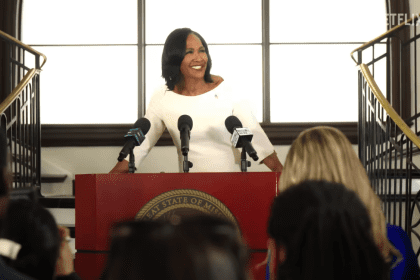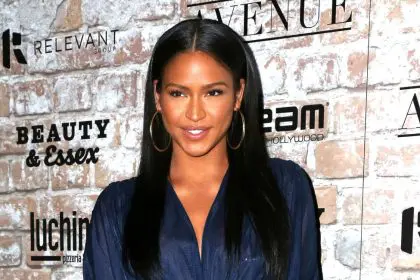A career-defining moment unfolds
The unexpected challenge
In a pivotal development that has sent ripples through the boxing world, undisputed champion Claressa Shields finds herself navigating unprecedented waters. The Michigan Unarmed Combat Commission’s recent decision to suspend the decorated athlete has thrust her into a complex battle outside the ring, one that threatens to cast a shadow over her sterling reputation in professional boxing.
The suspension stems from a contested saliva test conducted in early February, following Shields’ commanding performance against Danielle Perkins. The commission’s stance hinges on their assertion that the situation presents concerns about professional boxing’s integrity and athlete welfare. This development marks an unusual chapter in Shields’ otherwise exemplary career trajectory.
Mounting a strong defense
Scientific scrutiny
The technical aspects of the testing protocol have emerged as a central point of contention. The timeline reveals a crucial disparity: while an initial saliva screening indicated the presence of marijuana, a subsequent urine analysis conducted five days later yielded contrary results. This discrepancy has sparked intense discussion within the boxing community about testing methodology reliability and standardization.
Medical experts in sports medicine emphasize that urine testing is considered the gold standard for substance screening, as it can typically detect cannabis use within a 30-day window. This widely accepted scientific context introduces additional layers of complexity to the commission’s initial findings. It highlights the importance of implementing comprehensive and accurate testing protocols to ensure fairness and integrity in professional athletics.
Impact on professional boxing
A broader perspective
The situation transcends individual circumstances, touching on fundamental questions about substance testing in combat sports. The boxing community’s response has been measured yet supportive, with industry veterans emphasizing the need for standardized protocols that protect both athletic integrity and fighter rights.
The commission’s decision carries significant implications for how similar cases might be handled in the future, particularly in the realm of combat sports. Sports law experts believe this case could have a far-reaching impact, potentially shaping the development of policies related to substance testing and athlete rights. Its outcome may set a precedent that influences regulations and decisions across various sports organizations.
Beyond the controversy
Career momentum
Despite the current challenges, Shields‘ professional trajectory maintains its upward momentum. Her recent achievements, including dominant performances and strategic career moves, demonstrate resilience in the face of adversity. The boxing community’s continued support reflects her established reputation for excellence and professionalism.
Industry analysts observe that such controversies often serve as defining moments in an athlete’s career. The manner in which Shields addresses these challenges could further cement her legacy as a pioneering figure in women’s boxing. Her approach to this situation mirrors the tactical precision she demonstrates in the ring, methodically addressing each aspect of the controversy while maintaining focus on her professional objectives.
Looking ahead
The resolution of this matter carries implications extending beyond individual circumstances to the broader landscape of professional boxing. As the situation unfolds, it highlights the delicate balance between maintaining sport integrity and ensuring fair treatment of athletes. The boxing world watches closely as this chapter in Shields’ career develops, recognizing its potential to influence future protocols and policies in professional combat sports.
The ultimate outcome of this situation may well establish precedents for how similar cases are handled in the future, potentially reshaping aspects of professional boxing’s regulatory framework. As Shields continues to navigate these challenges, her response exemplifies the resilience required of champions both inside and outside the ring.
This episode adds another dimension to Shields’ already compelling narrative, illustrating that a champion’s greatest tests sometimes occur beyond the confines of athletic competition. The resolution of this matter will likely contribute significantly to discussions about athlete rights, testing protocols, and regulatory oversight in professional boxing.

